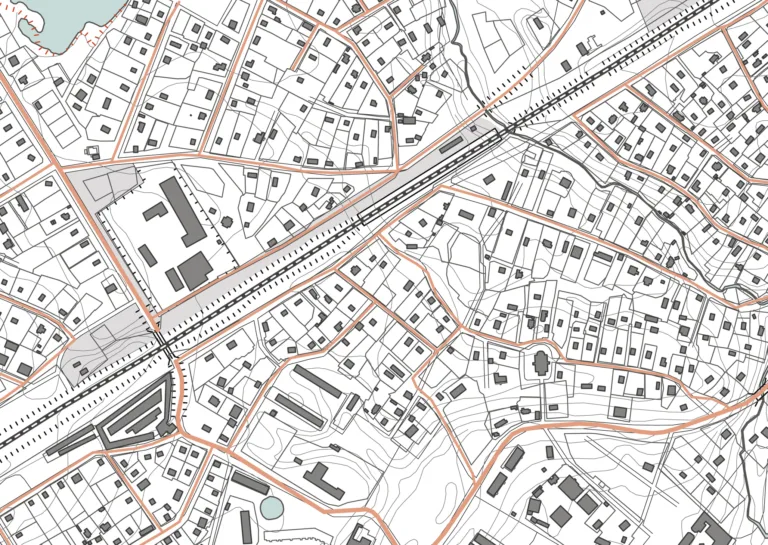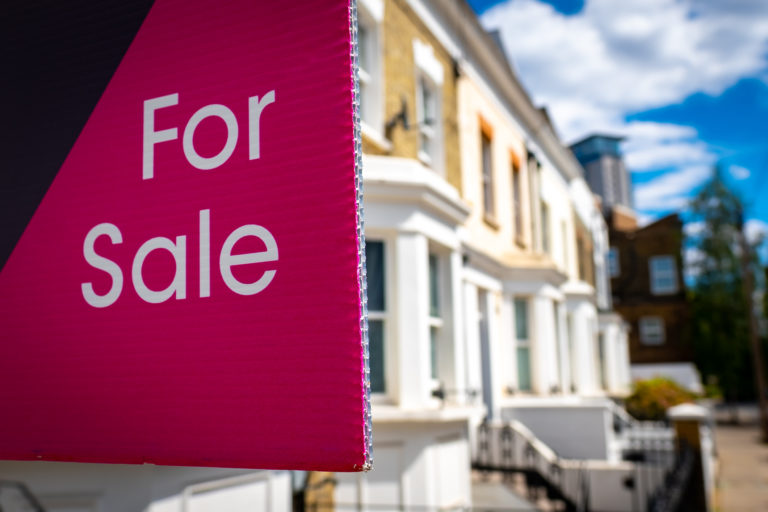Chancellor of the Exchequer Philip Hammond is being urged to make further amends to stamp duty in his forthcoming Budget to boost the housing market.
The 2017 Budget saw the abolition of stamp duty for all first-time buyers of homes worth up to £300,000, with the aim of helping people get a deposit together and putting more young people on the housing ladder. First-time buyers also pay only 5% on the value of homes worth between £300,000-£500,000, to take the London market into account.
Mr Hammond is currently putting the finishing touches on his announcement on 29 October and he has been encouraged by David Westgate, the chief executive of Andrews Property Group, which has 56 branches around the country, to alter stamp duty again.
“Whilst I’d love to think that a flat rate of Stamp Duty, levelled at 1% could be a viable alternative to the current system, the reality is that the sums simply wouldn’t add up,” says Westgate.
Banding stamp duty proposed
“However, a reconsideration of the boundaries at which stamp duty comes in to play could be made. Increasing each banding by £100k, could have a positive effect across the board and stimulate movement in the market. A reduction of just 1% on the charges that impact on current boundaries, meanwhile, could have a lesser but nonetheless still positive effect too.”
The rates of SDLT are as follows:
| Portion of consideration | Current standard rates | Rate for first time buyers |
|---|---|---|
| Up to £125,000 | 0% | 0% |
| Over £125,000 and up to £250,000 | 2% | 0% |
| Over £250,000 and up to £300,000 | 5% | 0% |
| Over £300,000 and up to £500,000 | 5% | 5% |
The intention of the changes, which Mr Westgate feels “must be high on the Chancellor’s priority list”, is to generate more sales with benefits for the wider economy.
“A more buoyant property market would have a positive knock-on effect to the wider economy and stimulate a feel-good factor amongst the population. This is something which simply cannot be overlooked.”
Prime Minister Theresa May recently announced plans for stamp duty of between 1% and 3% on non-UK property investors, but Mr Westgate’s idea is not the only radical stamp duty overhaul that has been proposed recently.
In August, the Association of Accounting Technicians (AAT) suggested switching the stamp duty payment burden from the buyer to the seller. The AAT say this would remove all first-time buyers from any stamp duty liability, but without it costing the taxpayer money.









